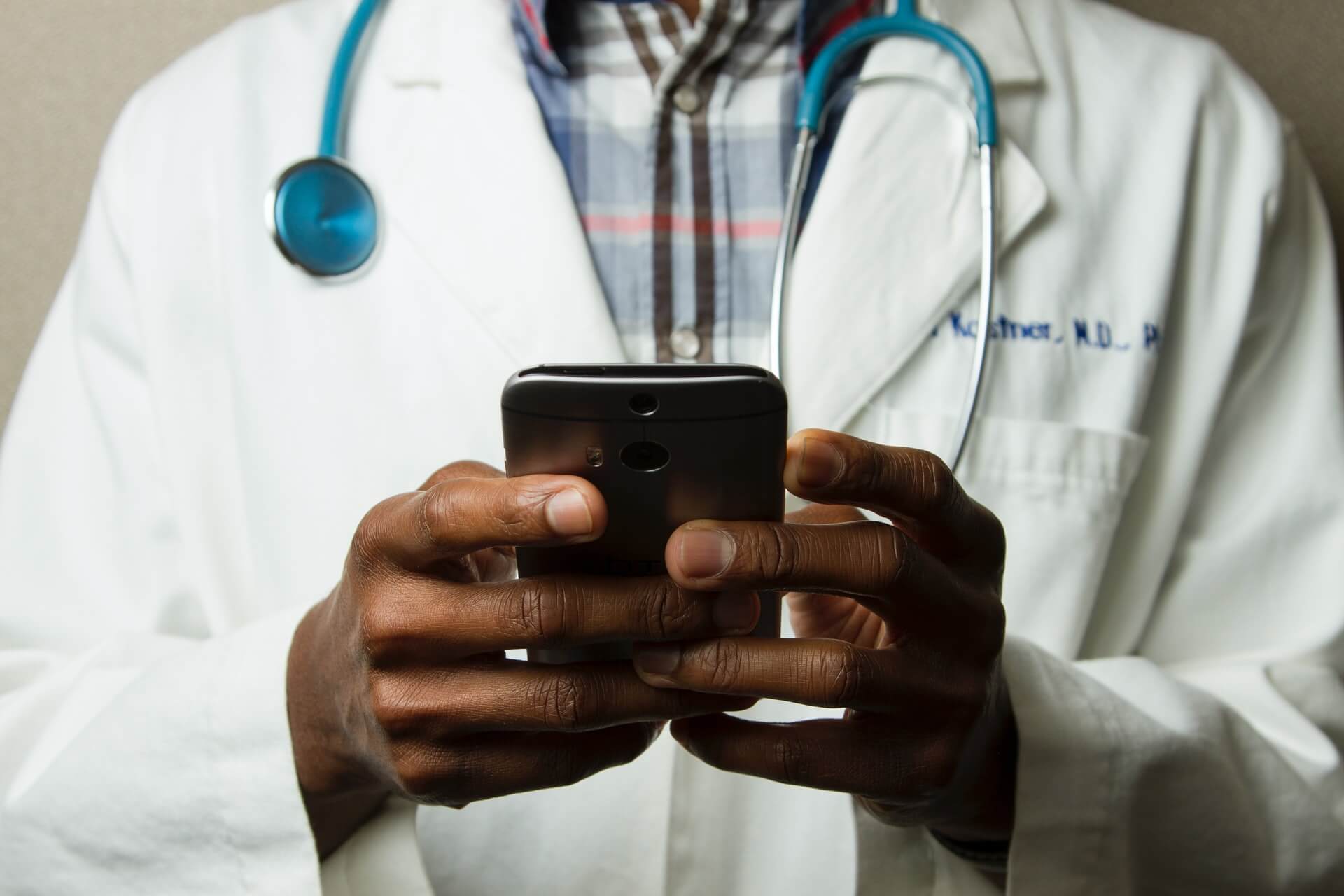Demand for artificial intelligence (AI) in healthcare is increasing, and face AI for remote patient monitoring is one of the biggest areas of potential opportunity. In fact, a 2021 study from Grand View Research expects AI market demand to experience a compound annual growth rate of 41.8% from 2021 to 2028 as the industry begins to comprehend everything AI has to offer.
Let’s discuss how face analysis in patient care—particularly outpatient monitoring and recovery—can support healthcare facilities and providers.
5 Ways Face AI Helps with Outpatient Monitoring and Recovery
Healthcare facilities must balance streamlining patient experiences with providing top-notch care and protecting sensitive information. Artificial intelligence, facial landmark tracking and especially face analysis, can make walking that tightrope possible.
Here are five ways that face AI for remote patient monitoring facilitates better quality care for outpatients.
1. Oversee Bed Rest
 Some patients don’t have a network that can ensure they adhere to bed rest requirements once they’re released from a healthcare facility. Face analysis can keep an eye on patients’ bed rest without straining the limited human support available to many and then send automatic updates or flags when patients are not adhering to a doctor’s bed rest orders.
Some patients don’t have a network that can ensure they adhere to bed rest requirements once they’re released from a healthcare facility. Face analysis can keep an eye on patients’ bed rest without straining the limited human support available to many and then send automatic updates or flags when patients are not adhering to a doctor’s bed rest orders.
AI never gets tired or loses focus. Instead, it provides vital support and frees up healthcare workers for higher-order tasks while offering a less intrusive way for patients to receive that monitoring.
2. Check for Red Flags During Telemedicine Sessions
Telemedicine can be challenging despite the excitement around its deployment. Healthcare providers are handling a lot during an in-person appointment. Being able to cover all their responsibilities over a video or phone call can seem daunting.
However, artificial intelligence can assist in many ways, such as monitoring patients for emotional triggers using sentiment analysis. Face analysis over video calls can offer insight into a patient’s state of mind by analyzing facial movements for signs of distress, anger, or other strong emotions.
3. Detect if Patients Are Distracted
 Patients can sometimes miss vital information about their health, medications, and/or care if they aren’t focused. Face AI can help healthcare workers gain insight into if patients are paying attention to their instructions.
Patients can sometimes miss vital information about their health, medications, and/or care if they aren’t focused. Face AI can help healthcare workers gain insight into if patients are paying attention to their instructions.
If a patient appears distracted, a healthcare provider can work to determine the source once AI alerts them. Is the distraction caused by a poor communication style? It could also be a bad reaction to medication or a symptom of a larger issue that could have been missed had it not been for the face analysis.
4. Watch for Reactions to Medication
New medications or altered dosages sometimes come with side effects, but not all those reactions are giant red flags. Face analysis can monitor patients for small differences or signs of changes in their expressions, muscle tone, or small facial movements that could be spasms. It can also monitor for positive medication reactions, such as an easing of pain symptoms.
This capability provides a new layer of care, allowing healthcare providers to remotely check on and confirm that medication is working the way it’s intended.
5. Confirm That Patients Understand Their Healthcare Providers
 Telemedicine is becoming more common and more popular as the world grapples with the pandemic and other global disruptions. Face analysis can help confirm that patients understand what healthcare providers are saying by closely watching patient expressions, eyes and facial muscle movements. With this feedback, healthcare providers can focus on providing improved care.
Telemedicine is becoming more common and more popular as the world grapples with the pandemic and other global disruptions. Face analysis can help confirm that patients understand what healthcare providers are saying by closely watching patient expressions, eyes and facial muscle movements. With this feedback, healthcare providers can focus on providing improved care.
The Era of Face Analysis in Patient Care
By leveraging face analysis technology, healthcare facilities can open up new avenues to enhance patient care and support their healthcare providers. The need for AI technology that integrates with a facility’s operations is real and protecting the privacy of patients and their information is also of paramount importance. With the right AI tool, healthcare can revolutionize its services to patients and enter the new era of AI supported and facilitated healthcare.
AlgoFace’s FaceTrace technology features identify-free biometrics that conform with General Data Protection Regulation (GDPR) and California Consumer Privacy Act (CCPA) standards. It also offers inclusive data sets founded on ethical AI principles, producing results of the highest quality. FaceTrace processes data on the edge, using a unique compression algorithm that delivers top performance with no latency, while also protecting patient and staff privacy. This is the latest in what face analysis technology has to offer, happening safely and at lightning speed.
Request a demo and find out how AlgoFace can revolutionize what it means to offer care.




